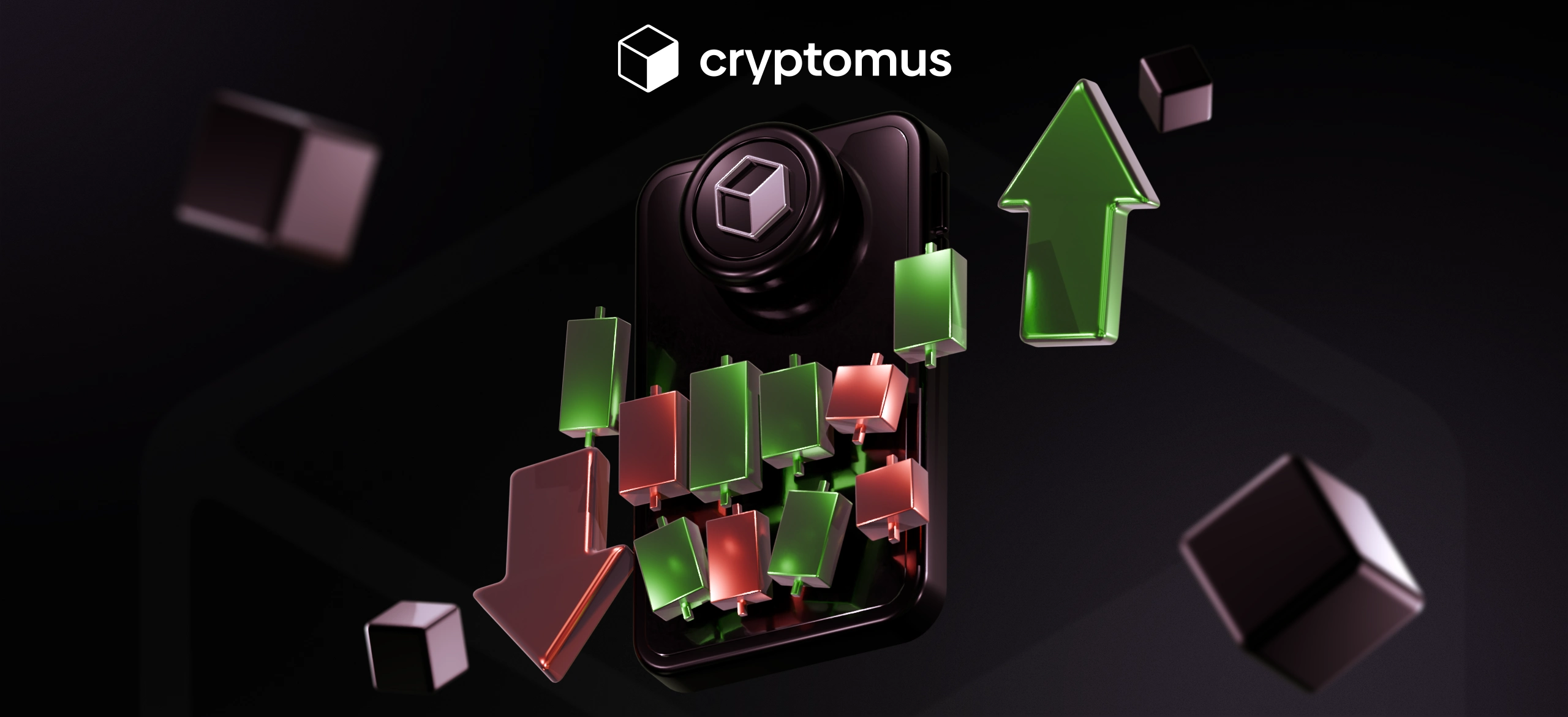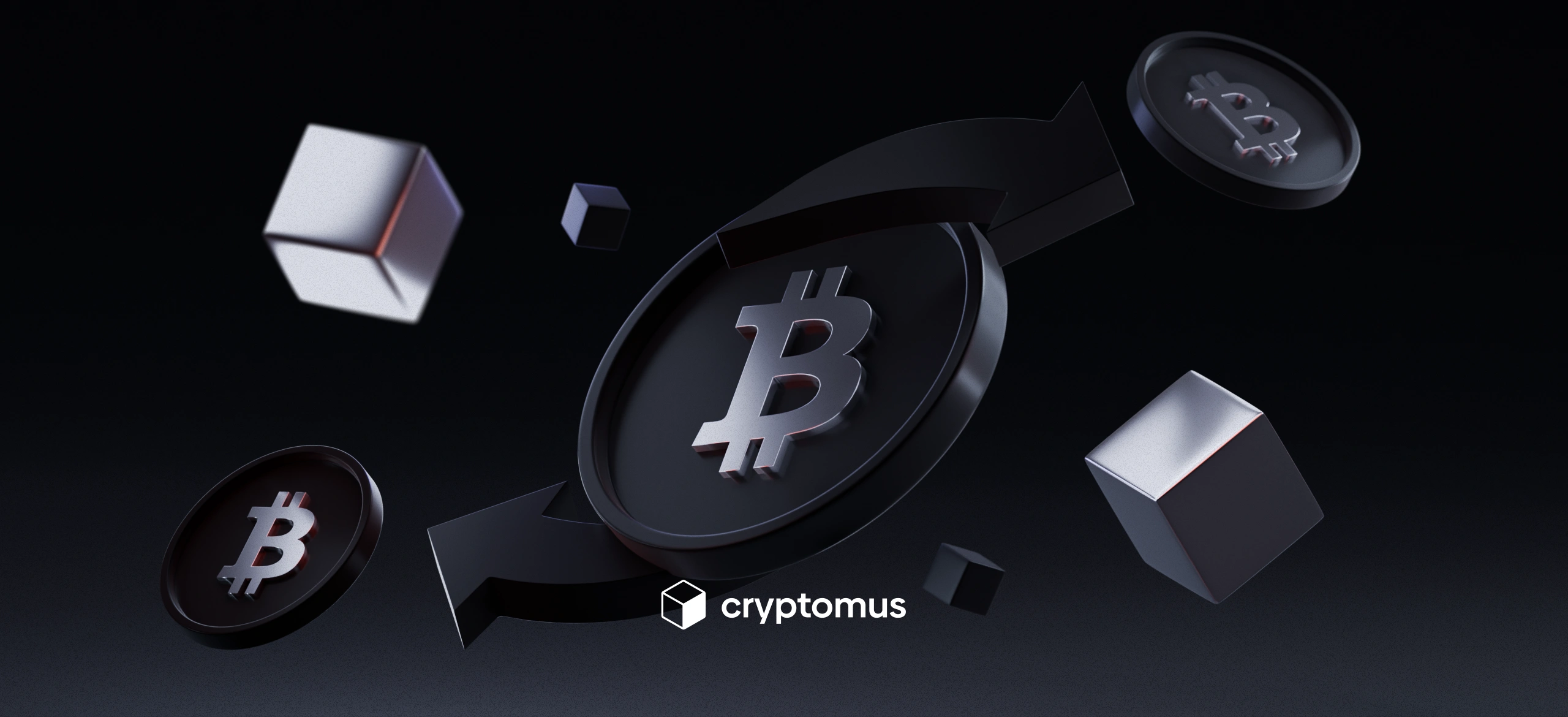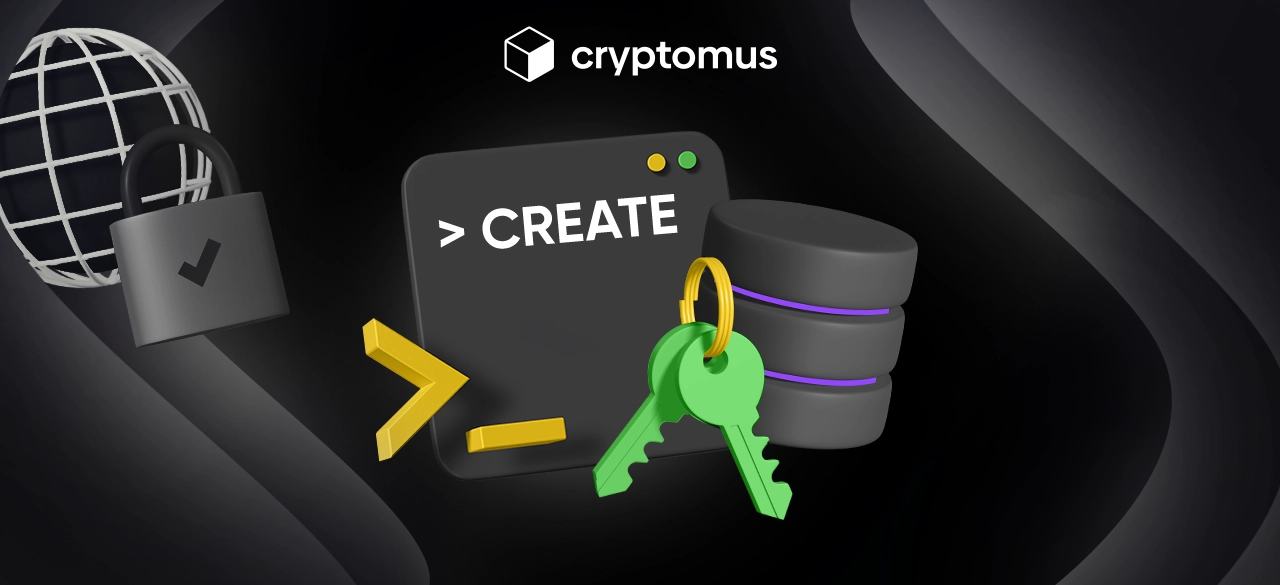
Sàn giao dịch tiền điện tử là gì và hoạt động như thế nào
Mục lục
Để tự tin hoạt động trong thế giới crypto, bạn cần biết và hiểu rất nhiều thuật ngữ & khái niệm chuyên biệt. Vì vậy hôm nay, chúng ta sẽ cùng làm rõ “sàn giao dịch” – vai trò của sàn, cách sàn vận hành, và cách chọn sàn phù hợp cho giao dịch đầu tiên của bạn.
Sàn giao dịch tiền điện tử là gì?
Sàn giao dịch tiền điện tử (crypto exchange) là nền tảng trực tuyến để mua bán các loại tiền mã hoá như Bitcoin và Ethereum. Về cơ bản, nó giống một sở giao dịch chứng khoán nhưng tài sản giao dịch là crypto.
Các nền tảng này giúp bạn giao dịch dễ dàng: hoán đổi crypto với crypto khác hoặc quy đổi sang tiền pháp định (fiat). Phần lớn người dùng bắt đầu với sàn, dù giao dịch lướt sóng hay triển khai kế hoạch dài hạn.
Nếu không có sàn, bạn sẽ phải tự tìm đối tác giao dịch P2P – điều này thường rắc rối và tốn thời gian, đặc biệt với người mới.
Sàn hoạt động như thế nào?
Sàn cung cấp “chợ” cho tài sản số, kết nối người mua và người bán, đồng thời bảo đảm an toàn giao dịch. Bắt đầu rất đơn giản: tạo tài khoản, điền thông tin và xác minh danh tính (KYC).
Sau khi vào tài khoản, bạn nạp tiền (fiat hoặc crypto) để bắt đầu giao dịch. Bạn có thể theo dõi giá crypto theo thời gian thực và đặt lệnh mua/bán.
- Lệnh thị trường (market order): mua/bán ngay tại mức giá tốt nhất hiện có. Nhanh, nhưng giá có thể thay đổi nhẹ trong lúc khớp.
- Lệnh giới hạn (limit order): bạn tự đặt mức giá muốn mua/bán. Khi có lệnh đối ứng khớp mức đó, giao dịch tự động thực hiện – nhưng có thể mất thời gian.
Bạn có thể theo dõi trạng thái lệnh; sau khi khớp, số dư sẽ cập nhật trong tài khoản. Cuối cùng, bạn có thể rút tiền.
Ngoài giao dịch, nhiều sàn còn cung cấp ví lưu ký nội bộ để bạn giữ tài sản ngay trên sàn. Tiện cho người giao dịch thường xuyên, nhưng có rủi ro vì sàn có thể là mục tiêu tấn công. Với lưu trữ dài hạn, nên chuyển tài sản về ví tự quản hoặc ví lạnh để bảo mật tốt hơn. Về rút tiền, một số ví hỗ trợ rút trực tiếp; số khác có thể cần qua sàn P2P.
Sàn kiếm tiền từ phí giao dịch, thường là tỷ lệ phần trăm trên giá trị lệnh. Một số sàn thu thêm phí rút tiền hoặc cung cấp tính năng nhanh hơn kèm phụ phí.
Vì sao mọi người dùng sàn giao dịch?
Như đã đề cập, sàn là cánh cổng chính để tiếp cận thị trường crypto, bởi:
- Tiện lợi: mua/bán qua sàn tự động dễ hơn nhiều so với giao dịch P2P thủ công.
- Đa dạng: tập trung nhiều đồng coin/token ở một nơi để bạn đa dạng hoá danh mục.
- Thanh khoản: lượng người dùng lớn giúp lệnh khớp nhanh.
- Khả dụng 24/7: thị trường crypto mở cửa liên tục nên bạn có thể giao dịch bất cứ lúc nào.
- Tiện ích bổ sung: nhiều sàn hỗ trợ staking, cho vay (lending), v.v.

Các loại sàn giao dịch crypto
Hiện có khoảng 150 sàn trên toàn cầu, từ các nền tảng lớn, uy tín tới những sàn ngách. Không phải sàn nào cũng giống nhau. Ba nhóm chính:
- Sàn tập trung (CEX): đóng vai trò trung gian và lưu ký tài sản. Dễ dùng nên phổ biến, nhưng việc tập trung lưu trữ làm tăng rủi ro bị tấn công. Ví dụ: Binance, Coinbase, Kraken.
- Sàn phi tập trung (DEX): không có trung gian; giao dịch trực tiếp trên sổ cái công khai (on-chain). Phổ biến: Uniswap, SushiSwap. DEX thường an toàn hơn về lưu ký, nhưng khó dùng hơn cho người mới vì bạn tự quản private key.
- Sàn lai (Hybrid): kết hợp ưu điểm của CEX và DEX: riêng tư/bảo mật tốt nhưng vẫn thân thiện. Tuy nhiên, hiện chưa có khối lượng đủ lớn để trở thành lựa chọn chính. Ví dụ: Nash, Qurrex.
Về an toàn, sàn có thể đáng tin nếu có bảo mật mạnh, nhưng rủi ro vẫn phụ thuộc uy tín và tính năng bảo vệ của từng nền tảng. Bạn cũng nên tự bảo vệ tài khoản: bật 2FA, dùng mật khẩu mạnh, và lưu trữ phần lớn tài sản trên ví tự quản thay vì để hết trên sàn, tránh trượt giá (slippage) khi rút lớn, v.v. Hướng dẫn ví.
Cách giao dịch trên sàn crypto?
Quy trình khá đơn giản: tạo tài khoản và nạp tiền. Tuỳ sàn, bạn có thể nạp qua chuyển khoản ngân hàng, thẻ ghi nợ/tín dụng, thậm chí PayPal.
Chọn đồng muốn giao dịch (mỗi sàn có danh sách tài sản khác nhau), đặt lệnh và xác nhận. Khi khớp, số dư sẽ thay đổi. Nếu không tiếp tục giao dịch, hãy chuyển về ví an toàn.
Mẹo để giao dịch trơn tru:
- Bắt đầu với số vốn nhỏ để làm quen.
- Theo dõi tin tức có thể tác động giá.
- Tìm hiểu kỹ cấu trúc phí của sàn.
- Lưu ý hạn mức rút tiền, nhất là khoản lớn.
- Bám sát xu hướng thị trường để canh thời điểm vào/ra hợp lý.
Cách chọn sàn giao dịch crypto?
Có quá nhiều lựa chọn, nên bạn hãy cân nhắc: bảo mật, phí, danh mục tài sản, hỗ trợ khách hàng, thanh khoản, và trải nghiệm người dùng.
- Bảo mật: ưu tiên sàn có 2FA, lịch sử không/bị ít sự cố; xem có kiểm toán bảo mật không.
- Phí: so sánh phí giữa các sàn; một số có giảm phí cho khối lượng lớn hoặc khi dùng token gốc của sàn.
- Danh mục tài sản: không sàn nào niêm yết tất cả altcoin; hãy chắc sàn có đồng bạn cần.
- Hỗ trợ: hỗ trợ 24/7, nhiều kênh liên hệ sẽ giảm “đau đầu”.
- Thanh khoản: chọn sàn khối lượng lớn để khớp lệnh nhanh, hạn chế trượt giá.
- Trải nghiệm: nếu bạn mới, giao diện đơn giản sẽ giúp thao tác nhanh và chính xác.
Hy vọng hướng dẫn này giúp bạn hiểu rõ về sàn giao dịch crypto. Vì sàn là “nền móng” cho hành trình đầu tư của bạn, chọn đúng ngay từ đầu sẽ đặt nền tảng cho thành công dài hạn. Nghiên cứu kỹ và luôn thận trọng – bạn hoàn toàn có thể điều hướng thị trường một cách an toàn. Cứ thoải mái đặt câu hỏi hoặc chia sẻ suy nghĩ bên dưới nhé!
Đơn giản hóa hành trình tiền điện tử của bạn
Bạn muốn lưu trữ, gửi, chấp nhận, đặt cược hoặc giao dịch tiền điện tử? Với Cryptomus, tất cả đều có thể — hãy đăng ký và quản lý quỹ tiền điện tử của bạn bằng các công cụ tiện dụng của chúng tôi.
Bắt đầu



